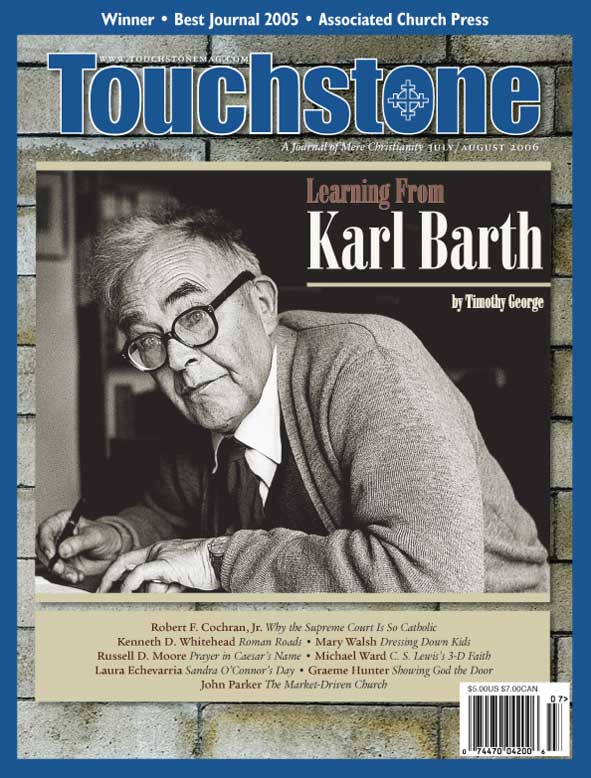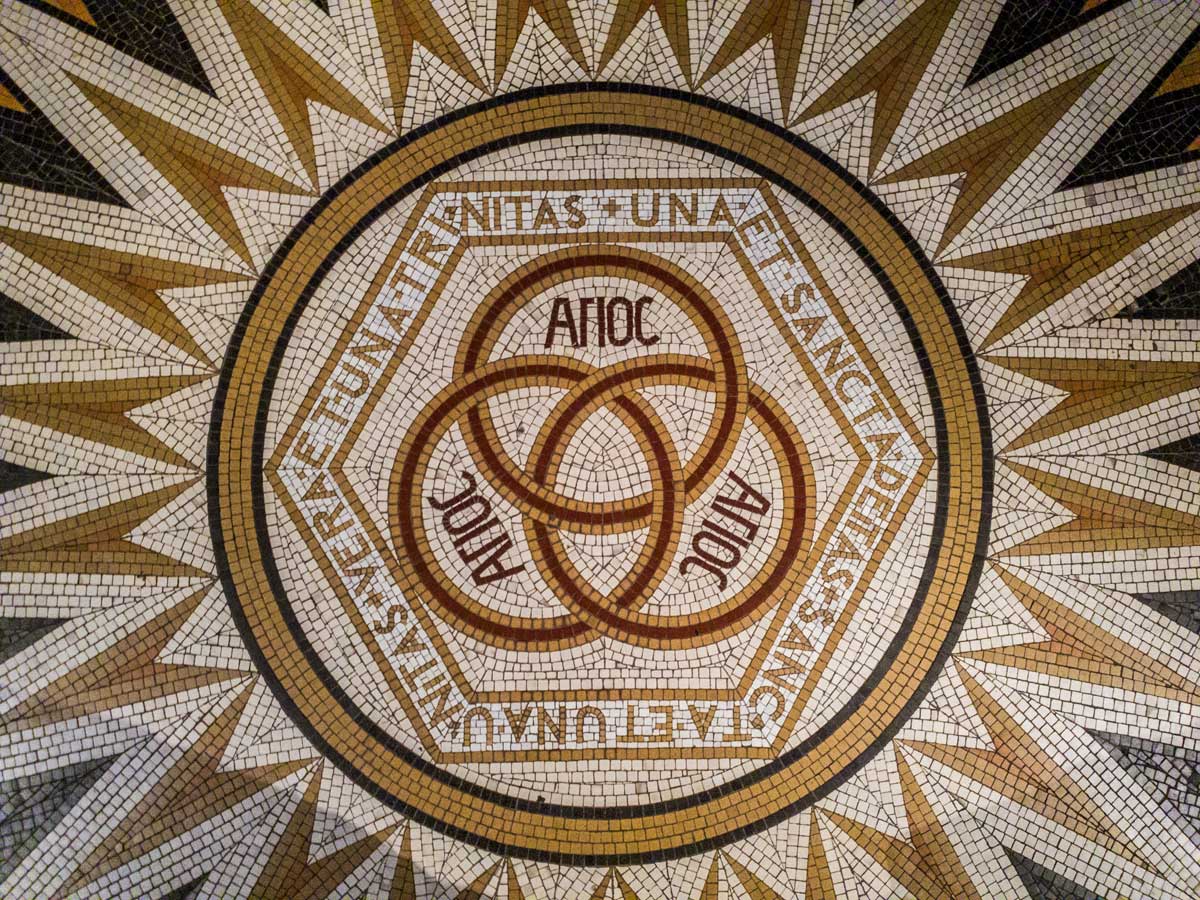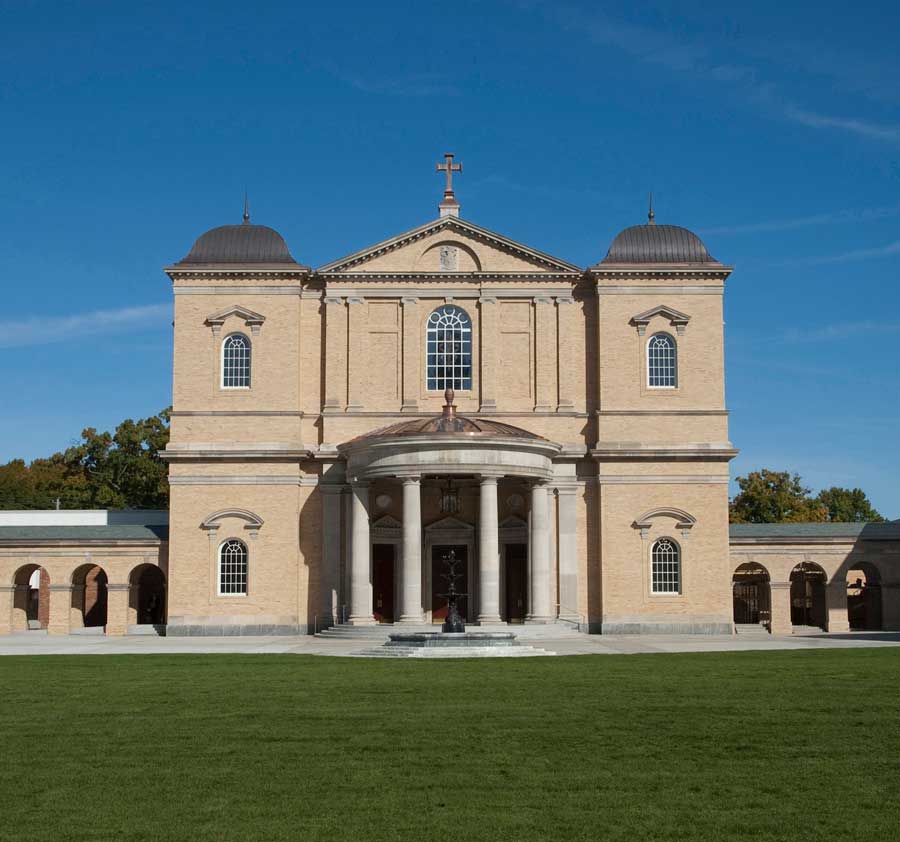Recreational Sect
James M. Harrison on the Biker Pastor’s Comfortable Religion
Though not an extreme environmentalist, I do sometimes find myself contemplating the number of trees that are destroyed to fill my mailbox with so much unsolicited paper. Every now and then, however, something is found in the pile of flyers, solicitations, and credit-card offers that causes me to take a second look.
Not long ago, I found another of those ministry magazines that every pastor periodically finds among his stacks of mail. It’s slick and it’s glossy and it’s received by (not “subscribed to by”) over 150,000 pastors and church leaders! I know this, because it says so on the cover, complete with exclamation point.
Pastor Biker
Like all the other magazines of this type I’ve received over the years, this one promises me the key that I need to turn my dull, traditional, irrelevant church into a dynamic, explosive, cutting-edge community consisting of, as evidenced by the pictures, beautiful young people from southern California. There’s nothing wrong with beautiful young people from southern California. I’m sure that many of them are quite nice. There simply aren’t that many of them here in New York.
The magazine also holds out the promise that one day, I, too, might be able to ride a bright, shiny Harley Davidson, just like the pastor on the cover. I never knew that so many pastors rode motorcycles until I started getting these magazines. I had a motorcycle once, but it wasn’t a Harley. I crashed it. I’ll never be on a magazine cover now.
Granted, they don’t come out and say that my church is dull, traditional, and irrelevant. That seems to be the message, though. “I didn’t want to build a church building,” says the pastor/biker. “I knew that’s not the future. I believe that people’s lives are so hard nowadays that when they come to church, it should be recreational.”
“Recreational.” That’s a term that would never come to mind when describing my church. We don’t have X-Box’s in the foyer for the kids to play with. Neither do we have a Krispy Kreme franchise in the courtyard or a theater in the basement. “Recreational”? No. That wouldn’t describe us.
God’s Work
I get the impression that I should feel bad about that. But I don’t. Maybe I’ve missed something along the way, but when did providing people with recreation become the purpose of the Church?
When did Christ change his call from “Take up your cross and follow me” to “Come to this place that we don’t really want to call a church, and recreate”? When did the nature of the Lord’s Day change from being a time when the people of God gather together for God-centered worship and the preaching of his Word to, as this church’s worship leader describes it, “an event that even the most anti-religious person can come [to] and feel comfortable”?
“Feel comfortable.” How is an unbeliever to feel comfortable sitting there in the midst of a peculiar people who are offering worship to a holy God with whom, according to the Scripture, he is at enmity? How is an “anti-religious” person to feel comfortable in a place where the gospel being proclaimed is to him foolishness and a stumbling block?
Of course, as Paul writes these things in 1 Corinthians, he does put forth a third option. To the unbeliever, the gospel will be foolishness, or a stumbling block, or the power of God unto salvation. But for Paul, whether unbelievers heard the gospel as foolishness, or a stumbling block, or the power of God, had nothing to do with whether or not they were comfortable. It had nothing to do with their felt needs, either. The result of the gospel, Paul believed, was dependent upon the work of God in an individual’s life.
The Crucified
It had to be this way, Paul says, so that issues would not get confused. Has someone professed Christ as the result of the genuine work of God in his life? Or is he here among the people of God because of the recreation? That was a real concern for Paul. And his method of addressing that concern was to make sure that nothing stood in competition with the proclamation of the word of God.
I’m not so sure that Paul would be very enthused about a “recreational” church. Apparently, he didn’t think it was necessary. He says,
I determined to know nothing among you except Jesus Christ and him crucified. I was with you in weakness and in fear and in much trembling, and my message and my preaching were not in persuasive words of wisdom, but in demonstration of the Spirit and power, so that your faith would not rest on the wisdom of men, but on the power of God. (1 Cor. 2:2–4)
As I said, maybe I’ve missed something. But it seems to me that the contemporary Evangelical church has succumbed to what C. S. Lewis referred to as “chronological snobbery.” Yes, things have changed, in ways too numerous to count. But people haven’t. Human beings are the same as they have ever been. They are fallen. They are lost. They are blind. They are unable to understand spiritual things. They can do nothing that is good. They do not seek God. They are, in fact, at enmity with him.
These are truths the Scripture clearly sets forth. The Scripture also sets forth the solution to this human condition. So why are we looking elsewhere? Paul said that the solution is found only in preaching Christ crucified. Why do we think the solution lies in making church recreational?
Some would answer, “We need to do these things to convince the unbeliever of the good news of the gospel.” And therein lies the problem. We do not and cannot convince anyone of the truth of the gospel. That is a spiritual work accomplished by the Spirit of God. “But,” the reply comes, “if we simply preach, then many will turn away. They won’t want to hear it.” Precisely. They will turn away if God is not working within them. And that’s okay.
As the sixth chapter of John’s Gospel begins, Jesus has developed what the magazine would consider a very successful ministry. He is healing and feeding people, and as a result, huge crowds follow him everywhere he goes. Then he makes what many today would consider a great strategic blunder. He begins to preach. He preaches about his own primacy. He preaches about his own sovereignty, even in the realm of salvation. He preaches about eating his body and drinking his blood. He preaches about his resurrection. And the crowds depart.
In Luke 16 we read of Lazarus resting in the bosom of Abraham while his former master suffers in the flames. His master requests of Abraham that Lazarus be sent back to warn his brothers of the terrible place to which they are heading. Surely, the spectacle of someone raised from the dead will convince them. Abraham, however, knows better. “If they do not listen to Moses and the prophets, they will not be persuaded even if someone rises from the dead.”
Two chapters later, in Luke 18, we are told of the rich young ruler who comes to Jesus, asking that question we all love to be asked, “How can I inherit eternal life?” How does Jesus answer? He doesn’t bother with felt needs. He doesn’t try to make the gospel palatable. Knowing that the young man’s heart was wed to his wealth, Jesus aims for the tender spot. The man turns away in despair, unable to trade the temporal for the eternal. And Jesus lets him go.
Tickled Ears
As Timothy labors in his ministry to the Ephesian church, he is exhorted to do one thing, primarily: Preach the word. Paul commands Timothy to preach doctrine, and to preach in a way that does not tickle the ears of his hearers. In other words, he is to preach in such a way that many will turn away.
That takes more than fifteen minutes’ worth of amusing, emotion-laden stories. Is there really a difference between preaching to felt needs and tickling the ears of those who will not tolerate sound doctrine? If God is who he says he is—holy, glorious, majestic—how dare we call something focused upon the needs, desires, and enjoyments of man worship?
How can one with a biblical view of worship say what this worship leader, quoted in that magazine, said? “We take a day that traditionally has been a very holy, sacred day and turn it into an event that even the most anti-religious person can come down [ sic] and feel comfortable.”
No thanks. I don’t want a Harley that much.
James M. Harrison is the pastor of Red Mills Baptist Church in Mahopac Falls, New York. A graduate of Denver Seminary, he serves on the executive committee of the Conservative Baptist Spurgeon Fellowship (www.cbspurgeon.org).
bulk subscriptions
Order Touchstone subscriptions in bulk and save $10 per sub! Each subscription includes 6 issues of Touchstone plus full online access to touchstonemag.com—including archives, videos, and pdf downloads of recent issues for only $29.95 each! Great for churches or study groups.
Transactions will be processed on a secure server.
more on ministry from the online archives
more from the online archives

8.4—Fall 1995
The Demise of Biblical Preaching
Distortions of the Gospel and its Recovery by Donald G. Bloesch
calling all readers
Please Donate
"There are magazines worth reading but few worth saving . . . Touchstone is just such a magazine."
—Alice von Hildebrand
"Here we do not concede one square millimeter of territory to falsehood, folly, contemporary sentimentality, or fashion. We speak the truth, and let God be our judge. . . . Touchstone is the one committedly Christian conservative journal."
—Anthony Esolen, Touchstone senior editor












